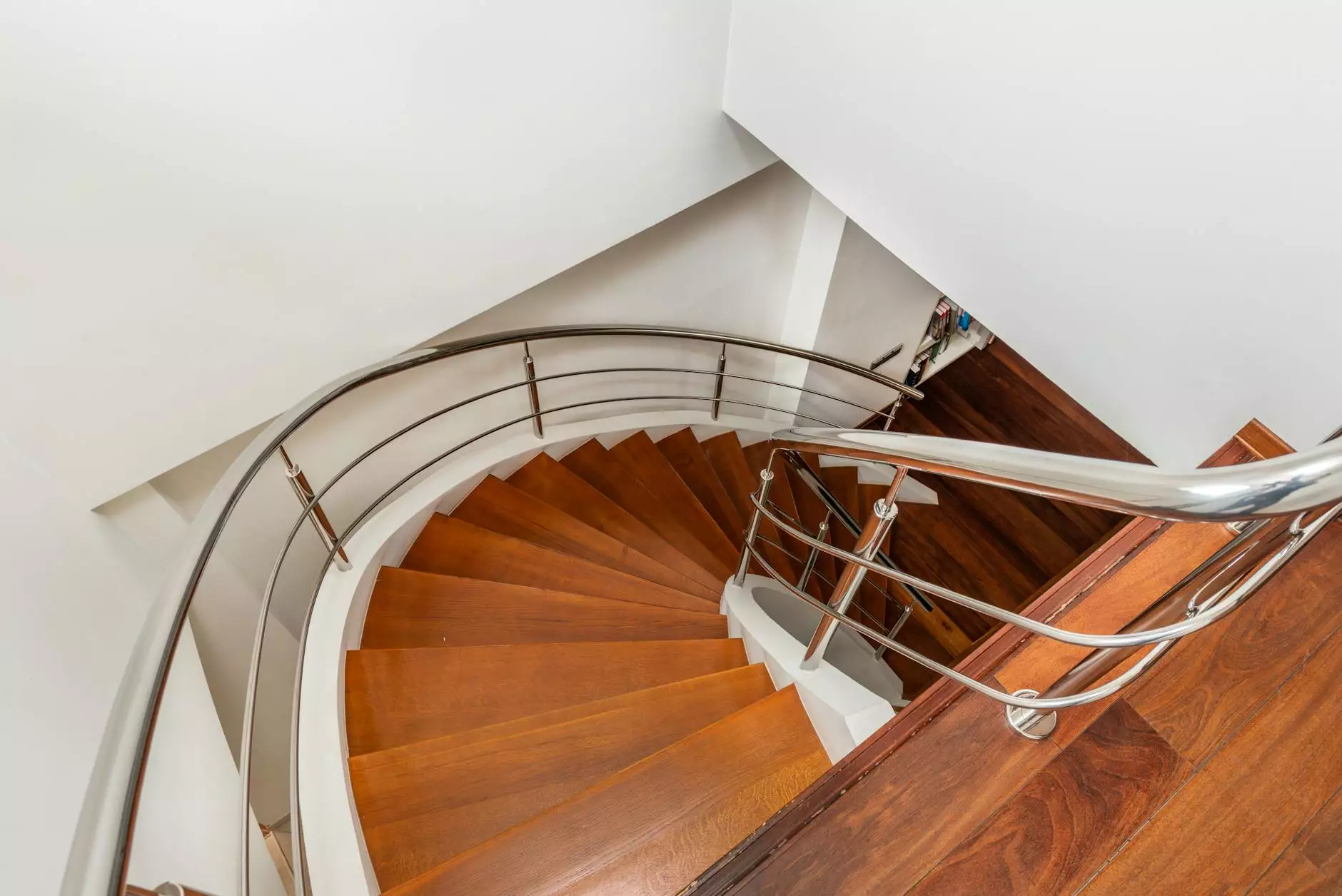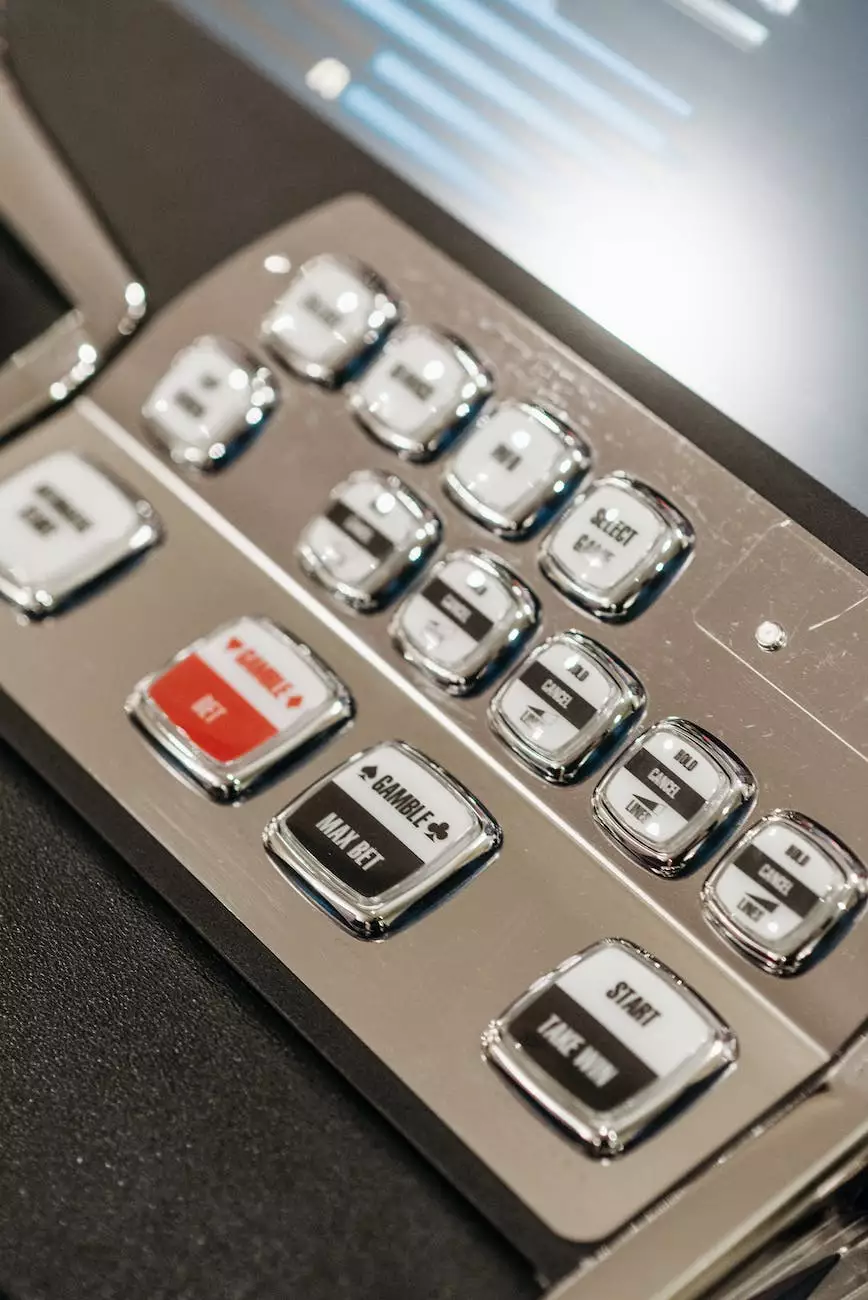Best Home Water Treatment Systems - Residential Water Treatment Cost

Introduction
Welcome to Best Home Water Treatment Systems! We are dedicated to providing you with the highest quality solutions for your home services, focusing on water purification services and waterproofing. In this comprehensive guide, we will explore the cost of residential water treatment and help you make informed decisions for a healthier and safer living environment.
Why Invest in Residential Water Treatment?
Water is a vital resource required for daily household activities. Ensuring the quality of the water you consume, use for cooking, or bathe in is essential for your well-being. Unfortunately, tap water may contain impurities, such as chemicals, minerals, and microbes, that can negatively impact your health and the longevity of your appliances.
Investing in a residential water treatment system offers several benefits:
- Healthier Living: By removing contaminants, water treatment systems provide you with clean, pure water for drinking and cooking, reducing the risk of waterborne illnesses and promoting a healthier lifestyle.
- Extended Appliance Lifespan: Purified water helps prevent the buildup of mineral deposits in appliances such as coffee makers, dishwashers, and washing machines, prolonging their lifespan and reducing maintenance costs.
- Protection for Plumbing: Treating water at the source prevents mineral deposits, corrosion, and sediment accumulation in your plumbing system, preserving its integrity and minimizing the need for repairs.
- Eco-Friendly Choice: By eliminating the need for single-use plastic bottles, water treatment systems contribute to a more sustainable future by reducing plastic waste and carbon emissions associated with production and transportation.
Residential Water Treatment Options
Before we delve into the cost of residential water treatment, let's explore the various options available:
1. Point-of-Entry Systems
Point-of-Entry (POE) systems, also known as whole-house systems, treat water at the point it enters your home. These comprehensive systems ensure clean water throughout your entire household, including taps, showers, and appliances. POE systems typically combine filtration, water softening, and disinfection technologies, offering a comprehensive solution for all your water treatment needs.
2. Point-of-Use Systems
Point-of-Use (POU) systems, on the other hand, are installed at specific outlets to provide targeted filtration or purification. Common examples include under-sink filters, faucet-mounted filters, and countertop filters. POU systems are beneficial for specific areas where you require clean drinking water or for appliances that demand purified water, such as ice makers or coffee machines.
3. Reverse Osmosis Systems
Reverse Osmosis (RO) systems utilize a semi-permeable membrane to remove contaminants from water. These systems are highly effective in eliminating common impurities, including heavy metals, chlorine, and bacteria. RO systems provide clean, great-tasting water and are often combined with other filtration technologies for enhanced performance.
4. Water Softeners
Water softeners are designed to remove hardness minerals, such as calcium and magnesium ions, from water. These minerals can cause scaling, skin dryness, and damage to appliances. Softening water improves its quality, reduces scaling, and prolongs the lifespan of your appliances, saving you money on repairs and maintenance.
The Cost of Residential Water Treatment
Now that we have discussed the different residential water treatment options, let's explore the cost associated with these systems and services.
The cost of a residential water treatment system depends on various factors, including:
- Type of System: The chosen water treatment system will significantly impact the overall cost. Comprehensive POE systems tend to be more expensive than POU systems due to their extensive coverage.
- Installation Requirements: Additional plumbing work, electrical connections, or modifications may be necessary for certain systems, adding to the overall cost.
- Water Capacity and Usage: The size and capacity of the system should match your household's water requirements. Larger households and properties with higher water usage will likely require more robust systems, which may increase the cost.
- Maintenance and Replacement: Some systems may require regular maintenance, filter replacements, or other ongoing costs. It is essential to factor in these expenses to ensure the system's long-term effectiveness.
While it is challenging to provide an exact cost estimate without assessing your specific needs, a residential water treatment system can range anywhere from $500 to $5000 or more.
It is crucial to note that investing in a high-quality system may require a significant upfront cost but can provide long-term savings by reducing reliance on bottled water and minimizing the risk of appliance damage or plumbing issues.
Choosing the Right Water Treatment System
Selecting the right water treatment system for your home requires careful consideration. Here are a few essential factors to keep in mind:
1. Water Quality Testing
Before investing in a system, it is beneficial to conduct a water quality test to understand the specific contaminants present. This analysis will guide you in choosing a system that effectively addresses your water concerns.
2. System Certification
Look for systems that are certified by reputable organizations, such as the National Sanitation Foundation (NSF) or the Water Quality Association (WQA). Certification ensures that the system meets rigorous quality and performance standards.
3. Efficiency and Water Waste
Consider the efficiency of the system, particularly for RO systems. Some models incorporate technologies that minimize water waste, making them more environmentally friendly and cost-effective in the long run.
4. Warranty and After-Sales Support
Ensure the system comes with a warranty and reliable after-sales support. This will give you peace of mind in case of any issues or the need for maintenance or replacements.
Conclusion
Investing in a residential water treatment system is a wise decision that promotes healthier living, protects your plumbing, appliances, and the environment. By thoroughly researching different options and considering your specific needs, you can select the best system that fits your budget and ensures the highest quality of water for your home.
At Best Home Water Treatment Systems, we understand the importance of clean water and strive to provide you with the best solutions available. Contact us today to learn more about our wide range of reliable and effective water purification services and waterproofing solutions for your home.
residential water treatment cost









